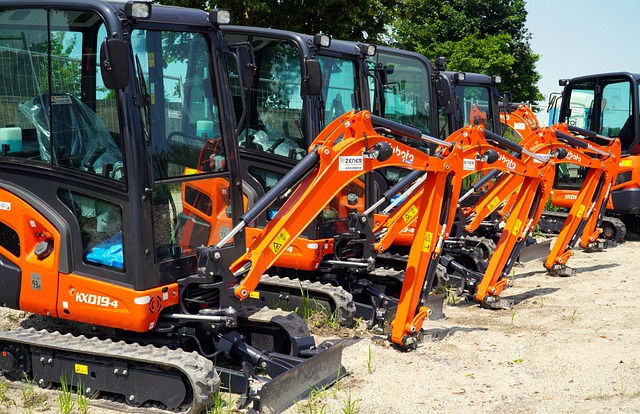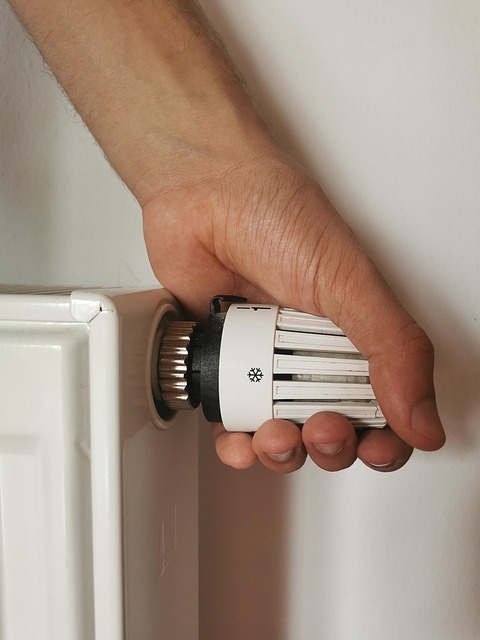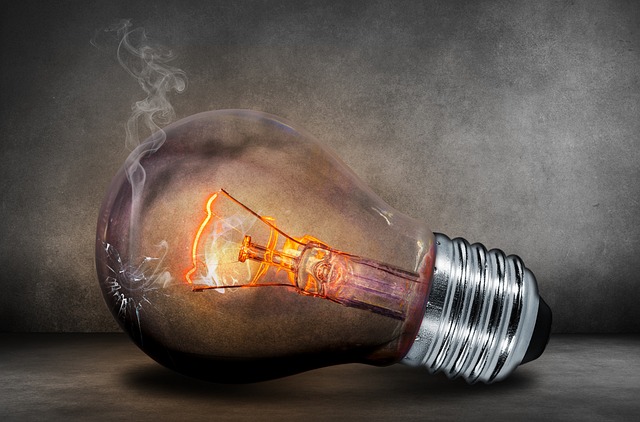Adopting electric vehicles (EVs) in Eugene, Oregon, requires understanding EV charging stations, which vary by level of charging speed and power. Installing a home EV charging station offers numerous benefits, from convenience to environmental advantages. Reliable EV charger repair services ensure smooth operation and efficient charging, preventing costly replacements and extending the lifespan of your charging station. The installation process is straightforward but requires safety precautions, while regular maintenance—including inspections, cleaning, and troubleshooting—is vital for optimal performance.
“Discover the future of sustainable transportation in Eugene, Oregon, with our comprehensive guide to home EV charging installations. Understanding the types and benefits of EV chargers can streamline your transition to electric vehicles. Learn why choosing a specialized EV charger repair service is essential for maintaining optimal performance.
From installation processes to maintenance tips, this article covers everything you need to know. We explore common issues and offer solutions, ensuring a seamless experience. Get ready to embark on the journey towards greener energy in your own home.”
- Understanding EV Charging Stations: Types and Benefits for Your Home in Eugene, OR
- Why Choose an EV Charger Repair Service? Common Issues and Solutions
- Installation Process: Step-by-Step Guide to Fitting a Home EV Charging Station
- Maintenance and Troubleshooting Tips for Optimal EV Charger Performance
Understanding EV Charging Stations: Types and Benefits for Your Home in Eugene, OR
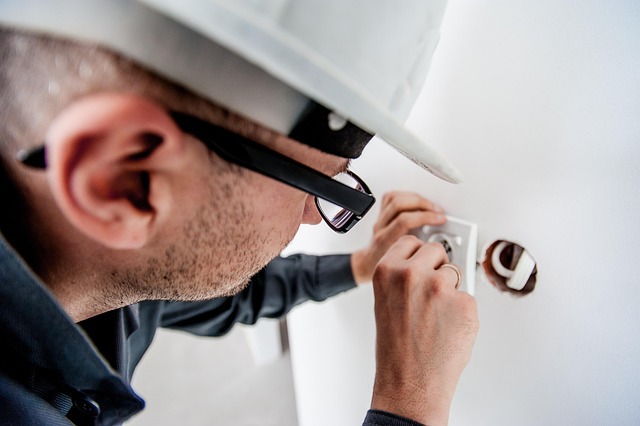
In Eugene, OR, understanding EV (Electric Vehicle) charging stations is key for embracing sustainable transportation. These stations come in various types, each with unique benefits tailored to different needs and preferences. Level 1 chargers, the most basic, utilize standard household outlets and are ideal for casual EV owners or those with lower daily mileage. Faster and more powerful, Level 2 chargers are a popular choice for homeowners as they offer quicker charging times, making them convenient for daily use. For those needing rapid recharging, DC fast chargers are game-changers, providing the most extensive range of charging speeds, although typically found along highways rather than at homes.
Installing a home EV charging station offers numerous advantages. It provides convenience by enabling drivers to top up their vehicles overnight or during off-peak hours, potentially reducing electricity costs. Environmental benefits include lowering carbon emissions and contributing to a cleaner, greener Eugene. Moreover, with the increasing popularity of EVs, having your own charging station enhances accessibility and ensures you’re prepared for longer journeys or unexpected travel needs, making EV ownership more practical and enjoyable. In case of any issues, remember that ev charger repair services are readily available to ensure smooth operation.
Why Choose an EV Charger Repair Service? Common Issues and Solutions
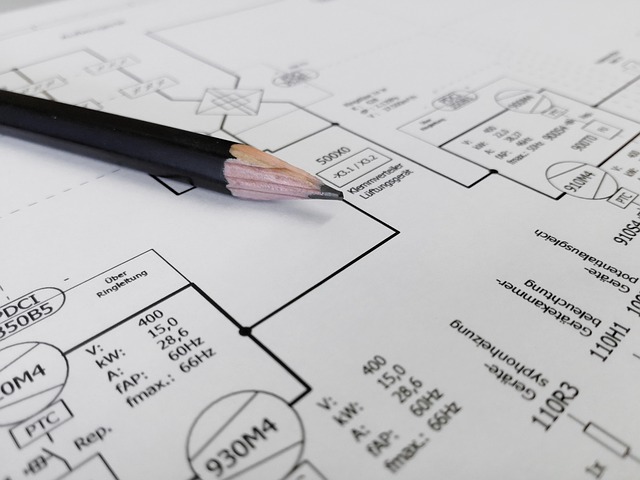
When it comes to EV charging installations, choosing a reliable and professional service is paramount for seamless integration into your Eugene, OR home. An EV charger repair service offers a range of benefits that ensure your electric vehicle (EV) stays charged and your system operates efficiently. Firstly, these services provide expertise in handling complex electrical systems, ensuring the installation meets safety standards and regulations. Regularly, issues arise such as faulty wiring, connection problems, or control unit malfunctions. A professional repair service is equipped to diagnose and fix these common EV charger problems.
By addressing potential issues proactively, you can avoid costly replacements and extend the lifespan of your charging station. Solving problems like slow charging speeds, unexpected shutdowns, or error codes requires specialized knowledge and tools. These services offer tailored solutions, from simple troubleshooting to complex system overhauls, guaranteeing optimal performance and peace of mind for EV owners in Eugene, OR.
Installation Process: Step-by-Step Guide to Fitting a Home EV Charging Station
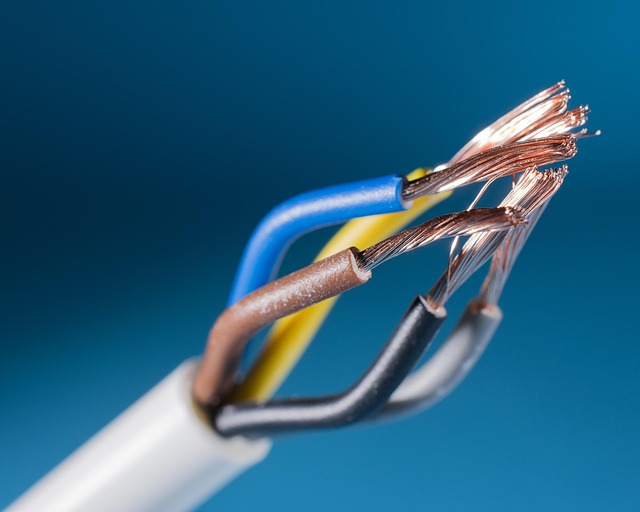
Installing a home EV (electric vehicle) charging station is an exciting step towards embracing eco-friendly transportation. Here’s a simplified guide to help you navigate the process, ensuring a smooth and efficient ev charger repair and setup.
1. Preparation: Start by choosing the right location for your charger. It should be easily accessible, close to your parking area, and away from obstructions or high-traffic zones. Ensure the electrical system in your home can handle the additional load; this might involve consulting an electrician. Gather all necessary tools and components, including the charger itself, cables, connectors, and any mounting hardware.
2. Installation: Begin by preparing the mounting surface, ensuring it’s clean and dry. Install any provided brackets or mounts according to the manufacturer’s instructions. Connect the charging station to its power source, following electrical safety guidelines. This step may involve running new wiring or connecting to an existing circuit. Attach the charger housing securely, ensuring stability. Complete the setup by plugging in the charging cable, testing the connection, and verifying compatibility with your EV.
Maintenance and Troubleshooting Tips for Optimal EV Charger Performance
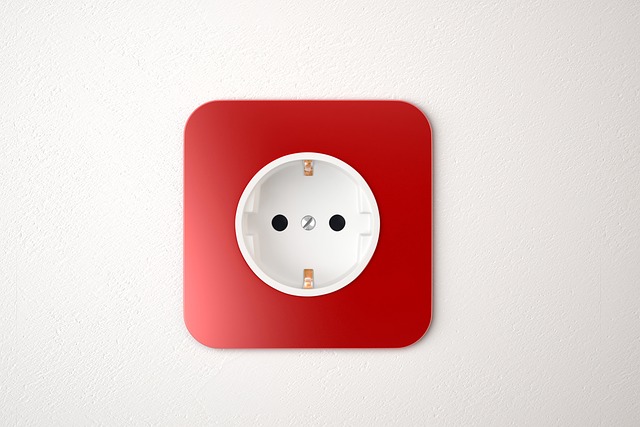
Regular maintenance is key to ensuring your EV (Electric Vehicle) charger performs optimally and smoothly. Here are some simple tips to keep your charging station in top shape. Start by inspecting the charger for any visible damage or loose connections, especially after heavy storms or intense use. Regularly clean the charger’s ports and connectors with a soft cloth to remove dirt or debris buildup, which can impede charging efficiency. Additionally, checking the power supply and electrical connections is crucial; ensure all wires are securely fastened and there’s no sign of wear or damage.
When issues arise, troubleshooting can often be straightforward. If your EV charger isn’t functioning, start by verifying power to the unit—check circuit breakers or fuse boxes. Verify that the charger is properly plugged in and compatible with your vehicle. Many modern EVs come with diagnostic capabilities that can provide insights into charging problems. Keep an eye out for any error codes or notifications displayed on your vehicle’s dashboard or smartphone app associated with the EV charging process, as they can guide you towards specific repair needs.


